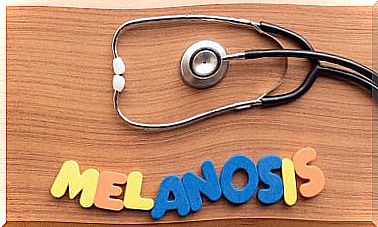Medications To Treat Erectile Dysfunction
Medications taken by mouth to treat erectile dysfunction are often the first choice of treatment. These drugs usually work well for most men and have few side effects.
These are drugs that work by enhancing the effects of nitric oxide. Nitrous oxide is a substance produced by the body that works by relaxing the muscles of the penis. As a consequence of this relaxation increases blood supply and therefore promotes erection in response to the presence of a sexual stimulus.
How to treat erectile dysfunction
Depending on the cause, severity, and pre-existing health conditions, ED has different treatment options. Although they work in a similar way, l The most important difference between one and the other is the speed with which its effect appears and disappears.
- Sildenafil: e This medicine works best if you take it without food and one hour before sexual intercourse. Its effect lasts between four and five hours, if it is a mild to moderate dysfunction.
- Vardenafil: it is taken one hour before sexual intercourse. Although the presence of food does not affect its effect, a high-fat meal can cause you to start to notice the effect later than usual. You can find this active principle in the form of tablets orodispersible so that you will get a faster effect.
- Tadalafil: and Tadalafil is taken about one to two hours before having sex. Its effect lasts for a maximum of 36 hours. Tadalafil can be taken daily in lower doses or higher doses a little while before sexual intercourse.
- Avanafil: and In this case, avanafil is taken half an hour before having sexual intercourse, and depending on the dose used, its effect can last up to six hours.

Should I take any precautions before treating erectile dysfunction?
Before starting a treatment for erectile dysfunction, you have to take into account certain factors and consider some precautions, since in some cases serious situations can be generated. It is essential that they are prescribed by a specialist, and Among the cases in which special precautions must be taken are: the following:
- Kidney disease with dialysis.
- If you are being treated with nitrates for angina pectoris.
- Very low or high blood pressure.
- Liver disease, as the liver metabolizes these drugs.

Side effects
In general, most men who take medications to treat erectile dysfunction do not routinely experience side effects. However, some may appear such as:
- Redness of the face.
- Headache.
- Indigestion.
- Visual disturbances
- Nasal congestion.
- Back pain.
Sometimes, and exceptionally, they can become more serious. These include sudden loss of sight and hearing. There is also the possibility of suffering priapism in some cases, it is about an erection that does not go away on its own, that is painful and requires medical intervention.
Other medications to treat erectile dysfunction
There are other medications to treat erectile dysfunction that are not taken by mouth. Among them are the following:
- Alprostadil Self Injection: A very fine needle is used to inject the medicine into the base or side of the penis. Each injection contains the dose necessary to generate an erection that lasts approximately one hour. Side effects that may appear are a very long-lasting erection and, in rare cases, fibrosis at the injection site.
- Alprostadil urethral suppository: this treatment It consists of introducing a tiny suppository of alprostadil into the urethra and for its application, it takes a special applicator. The erection generally begins within 10 minutes, and lasts between half and an hour. Side effects you may experience are pain and minor bleeding in the urethra.
- Testosterone replacement: this treatment is useful when treating men with erectile dysfunction as a result of low testosterone.
Safety in use
Medications to treat erectile dysfunction are safe, effective, and work well in about four out of five men. The doctor will choose the most appropriate treatment for your case, and will explain the risks and benefits of each treatment ,









